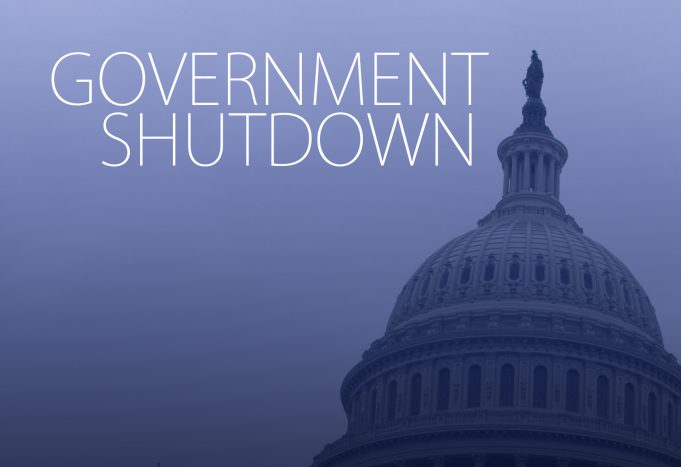When will someone yell “uncle”? You know, that familiar word that indicates when you’ve had enough, give up, or you’re willing to walk away. Right now, the country is waiting to see who will blink first regarding the monetary demands for the infamous border wall – Donald Trump, Democrats, Republicans, or Donald Trump’s base? The stark reality is that it may be a while before federal legislators and the administration reach a consensus on the price tag or determinants of improved border security.

In the meantime, the casualties of this political standoff are piling up. Wedding rings pawned, therapy sessions for autistic children canceled, and automobiles being sold for mortgage payments are just the tip of the iceberg. Copays for medications, food safety inspections, and subsidized housing are all impacted. Even the Superbowl has canceled planning meetings that involved travel because of the shutdown’s impact on air traffic controllers, Transportation Security Administration (TSA) agents, etc.
In fact, economists have looked at previous government shutdowns and projected that we could lose upwards to $6 billion dollars per week, if 25 percent of the federal government remains shuddered. That number doesn’t factor in the international costs of this stalemate that includes U.S. embassy employees around the world and people contracted to do work on behalf of the U.S. government that are also not being paid during the shutdown.
Wisconsin is not immune from the self-imposed crisis that the nation is now facing. It is estimated that there are roughly 3,000 federal employees that work in this state. We don’t have hard numbers on the federal contractors but we know that they are taking a hit as well. We also know that we have social service agencies such as the Social Development Commission (SDC) that receives a mix of federal and state funding that accounts for nearly 80% of their operating budget. Like the Oneida Nation, which has had to use their own funds to keep their Head Start program functioning during the shutdown, these agencies and tribes still must figure out a way to fund their critically needed programs.
Whether most Americans realize it or not, federal funding is anywhere from 30%-40% of a state’s budget. Everything from food and housing assistance programs to transportation is tied up in these dollars. Impacted residents won’t be able to withstand much more over a prolonged resolution to this government shutdown. For those digging in their heels, passing the buck and refusing to actively engage in bringing about a workable agreement, the question that many Americans are now asking is what cost will we pay for the impasse on the border wall. More importantly, will anyone end up paying with their life?










